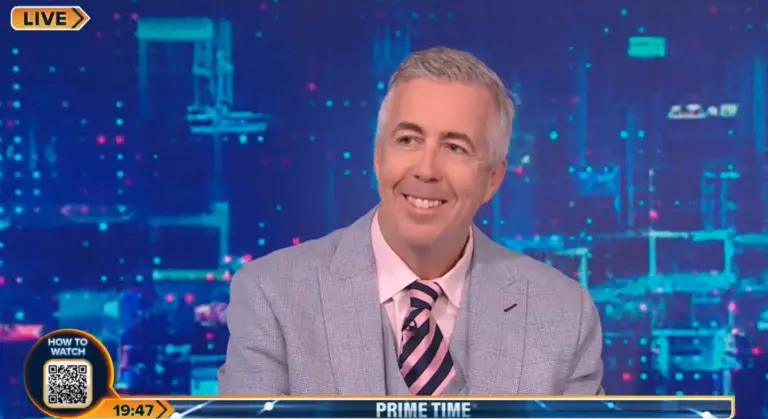Melissa Barnett, Deputy Managing Director, Healthcomms Consulting, gives her take on the growing significance of Integrated Care Systems within the UK health and care system.
Amongst the myriad of other priorities this Autumn I want to discuss the importance and opportunities around Integrated Care Systems (ICSs) within the wider healthcare and public affairs landscape.
From a healthcare communications perspective, these last few months have been some of the busiest we have ever seen, combining the impact of a global pandemic, the planned restart of NHS elective care, and the threat of a no deal Brexit.
Activity within Parliament is just as relentless. There is the Medicines and Medical Devices Bill, something which has the potential to have the biggest impact on the HealthTech industry since the Health and Social Care Act in 2012. If you count secondary legislation, the looming NHS Bill, which seems to be ever expanding in scope, also has the ability to irrevocably alter the landscape, while COVID-19 related legislation is something worth paying close attention to.
Any one of these activities would normally take front seat in our agenda for public affairs engagement. However, with the landscape moving at such speed, and with significant decisions being made even more quickly, all of us in this space need to work together and make sure that decision makers have all the information they need to avoid any unintended consequences.
So on to ICS’s…we have all heard the rumours around the Health and Social Care Bill since the start of the year, when it was also referred to as the NHS Long Term Plan Bill. This Bill seems to be ever growing in scope and ambition, with references to wholesale changes that will reverse the 2012 Health and Social Care Act. It seems this crisis has highlighted more than ever to the Government that whilst they remains at arm’s length from NHS England, it doesn’t mean that they are immune from criticism when things go wrong. The Government has realised the flaws in the current system from their perspective, and we may well see a power grab back to the Government.
The most recent update is that the Bill is coming early next year, and focuses on some of Matt Hancock’s own personal priorities, as well as enabling Sir Simon Stevens’ Long Term Plan vision by legalising ICS’s, as recently reported in the HSJ. It is said to be an increasingly ambitious Bill which will prove controversial, especially if you consider that the relatively ‘straightforward’ Medicines and Medical Devices Bill has currently picked up 44 pages of amendments…
What is clear is that ICS’s are here to stay, and will continue to grow in scope and profile. It is believed that NHS England will move more responsibility from CCGs and CCG clusters into formalised ICS’s, and there is an opportunity for more accountability around local commissioning in this instance. It has also become increasingly apparent that the NHS Long Term Plan will remain a priority and we should not underestimate the focus within that document.
Despite having an 80-seat majority, a number of Conservative MPs have already made trouble for the whips on issues like China, free school meals and trade standards. There is therefore always the potential that the Government could face rebellions, and this bill may have changed by the time it becomes law.
However, Matt Hancock and Simon Stevens are determined about ICS’s and so it would be foolish to bet against their inevitable inclusion as a key pillar of the health and care system – one for all of us to watch over the next few months.



